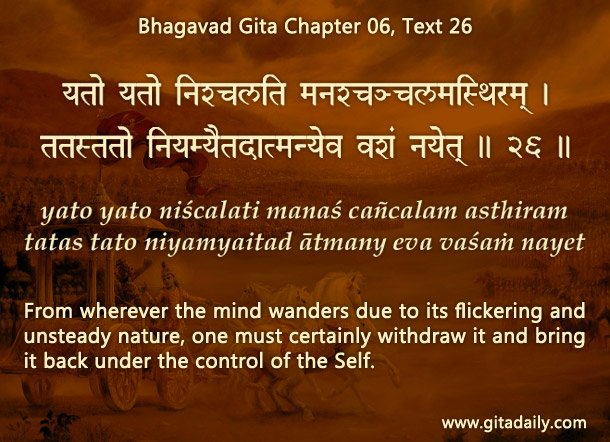“If a thing is worth doing, it is worth doing well.” This saying is helpful if it inspires us to be wholehearted in doing whatever we do. But if it makes us believe that we need to excel in whatever we do, it can backfire.
Why backfire? Because excellence usually takes time. We all are finite and fallible beings. It is our human condition that we often learn how to do something by first doing it poorly. Consider cycling or cooking. Initially, we do such things mediocrely before we slowly improve. If we demand excellence from the first go and don’t get it, we may just quit. But some things may be so important that they are worth doing, even if badly.
Consider the practice of meditation. We may expect that meditation will grant us deep peace and transport us to a higher level of reality. Unfortunately however, during our attempts at meditation, we may find that our mind wanders here, there and everywhere. We can barely connect with spiritual reality, leave alone become absorbed in it. If we think that meditation is worth doing only when it is done well, then we will soon give up even trying to meditate.
Gita wisdom explains that meditation, even if done badly, is still worthwhile; any attempt at meditation keeps us progressing spiritually, even if sluggishly or erratically. Freeing us from the burden of unrealistic expectations, the Bhagavad-gita (06.26) informs that while meditating, our mind will wander repeatedly; we need to patiently refocus it. Only through such repeated reorientation will our mind gradually become purified and spiritually absorbed (06.28).
By cultivating the humility to accept our humanity and its concomitant fallibility, we can keep doing the things that matter, without being obsessed with the results.
Think it over:
- How can the expectation of doing things well backfire?
- How does meditation help, even if done poorly?
- Does the demand for excellence discourage you in any area of life? How can you be more understanding of yourself?
***
06.26: From wherever the mind wanders due to its flickering and unsteady nature, one must certainly withdraw it and bring it back under the control of the Self.
To know more about this verse, please click on the image
Explanation of article:
Podcast:


Hare Krishnna prabhu,
Thank you prabhu for everyday sharing inspiring insights from Gita. They are like the Oasis in the deserted world of corona pandemic. Thank you very much. Everyday your reflections brings new hopes and life for all of us who are blessed with the devine instructions from the Bhagavad Gita.
Yas Dipesh
Thanks for the heartfelt appreciation. We all need encouragement amid these challenging times and diving into the Gita’s wisdom can help us all.